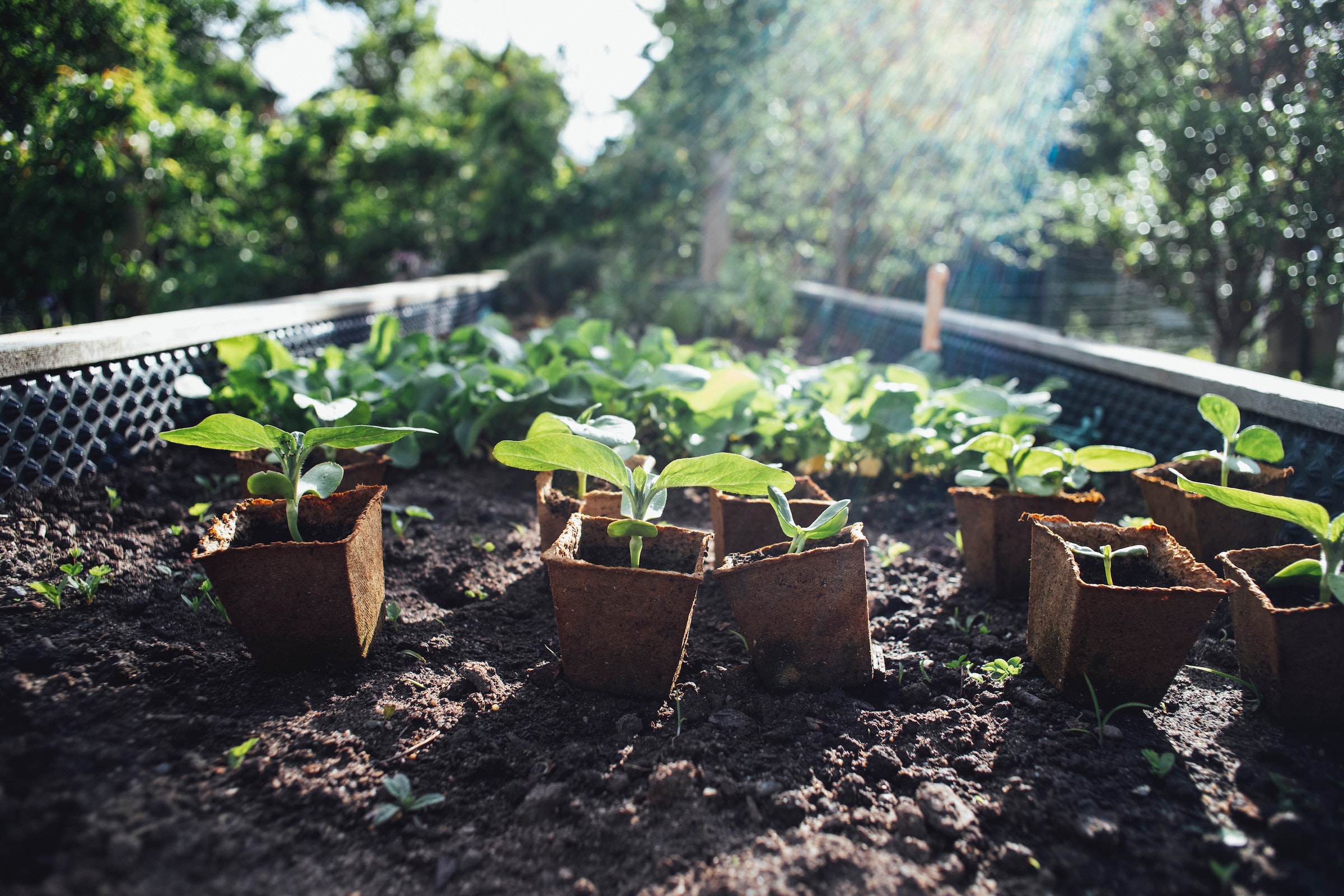


#DIY #Gardening and Agriculture #Raised Beds #Soil
Doug Fogelson
It has been said that, if everyone simply maintained a small plot of healthy soil, there would be no such thing as world hunger. Rich, fertile topsoil is the result of hundreds of years of weathering, basically breaking down rocks and land which adds minerals to the living organisms and eroded organic matter from the local region. The way plants, bacteria, fungi, worms, and the climate’s temperature/water/topography build up over time determines the quality of the soil, as does the way it is used by humans or becomes impacted by a changing climate such as droughts or floods.
In some areas, there is no topsoil and/or the ground contains heavy metals, “forever chemicals,” or other toxins, so it is important to determine if it’s best to grow in the ground or via raised soil beds. Raised beds are simply boxes on top of the ground filled with healthy soil that have enough depth to grow the desired plants. Find out your soil profile before you grow — in many cases, there are easy ways to remediate, enrich, and prepare your soil for the best results.
According to the Food and Agriculture Organization, 12 million hectares of fertile land are lost every year.